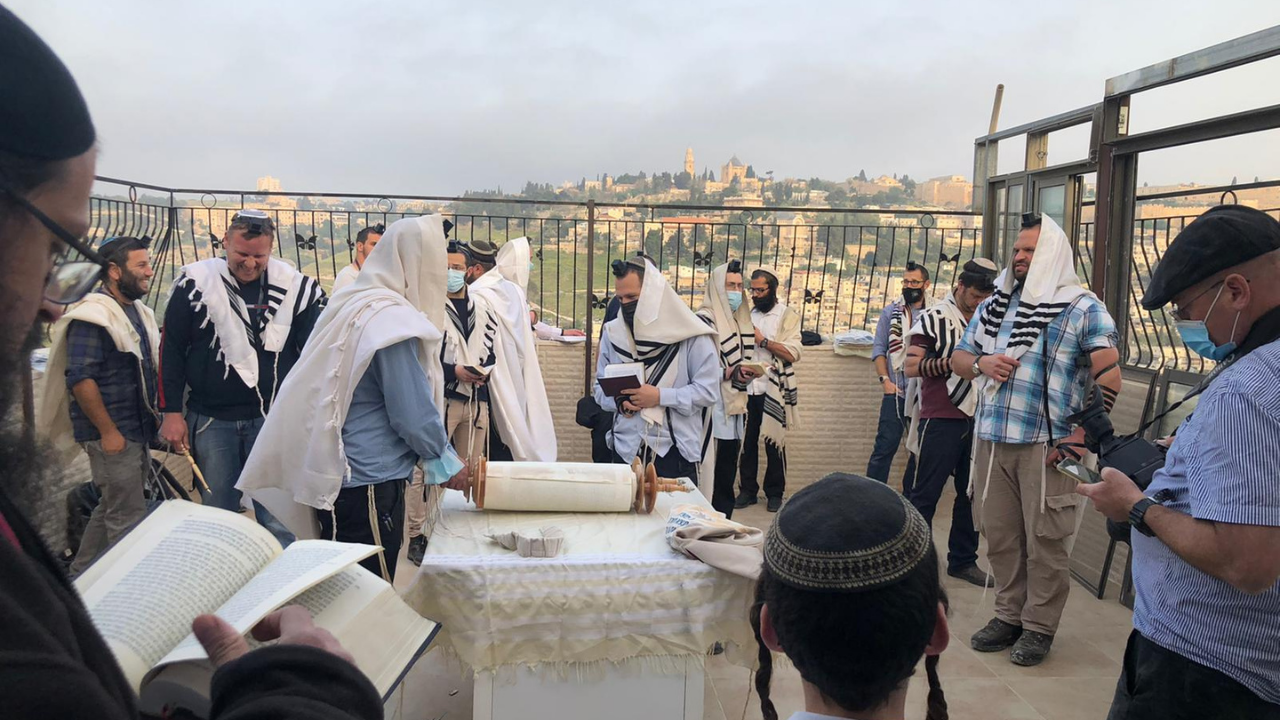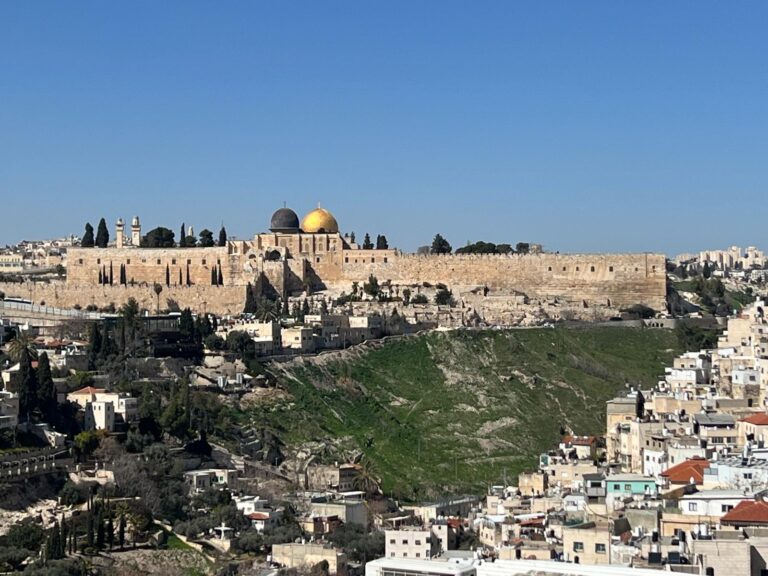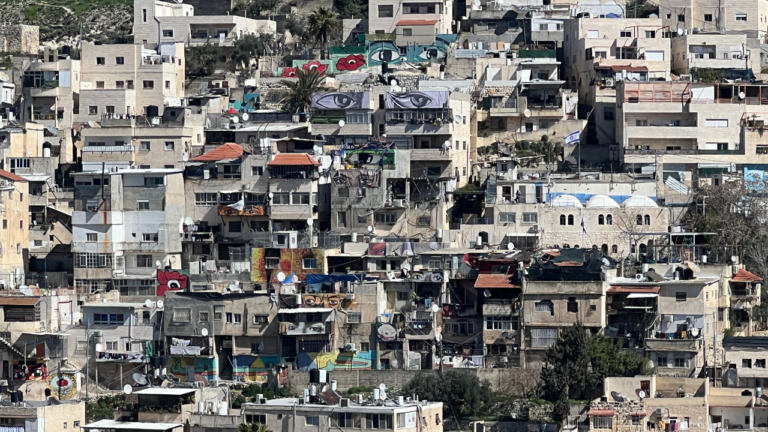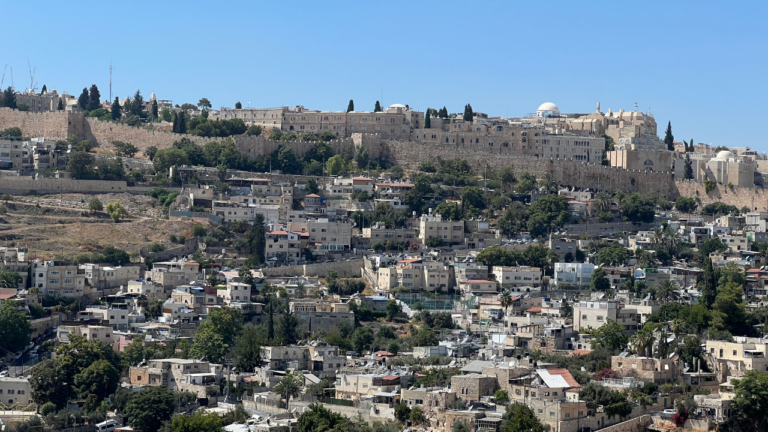A Divine and Human City
In the aftermath of the death of Nadav and Avihu, unclarity entered what was supposed to be an extremely well-planned and choreographed day. The Kohanim were now mourners and it was unclear what they were to do regarding the meat of the sacrifices. The Torah tells us that Moshe discovered that the sin-offering was burnt:
Then Moses inquired (darosh darash Moshe) about the goat of sin offering, and it had already been burned!
The Talmudic tradition teaches us that the words “darosh darash” are the halfway point of words in the Torah. What is the meaning that specifically these words will be the midpoint of the Torah?
The Degel Machane Efraim explains that this comes to highlight the role of rabbinic investigations and interpretations in the study of Torah. While the Written Torah comes from God and is immutable, we human beings are enjoined to “investigate” the text (lidrosh) and plumb the depths of the Torah’s meanings and reveal heretofore hidden layers of the text.
The fact that the word “darash” and the investigation of Moshe – the first Rabbi – are at the midpoint of the Torah speaks volumes about role of such processes in the study of Torah. Rabbinic study of Torah is not a mere supplementary appendix to the Written Torah. Rather, it is the second half of the Torah itself. God’s Written Torah and the Oral Torah that is created by humans in the Study Halls over history and the world are two halves of a whole, intricately linked and significant. God must initiate the process with a divine revelation of Sinai, but He graciously invites us to partner with Him and continue His work. Thus, the Torah is a meeting point between God and human beings.
This theme also exists regarding Yerushalayim. The Holy City was chosen by God, set aside from time immemorial to be God’s capital on earth. The city’s spiritual qualities are a divine gift, nothing more and nothing less.
But this does not mean that we are intended to be passive recipients of this gift. Rather, God invites and expects us to continue the work that He began. We are the ones who need to “seek out Zion” (doreish Zion) by settling and caring for the city.
Even though the city was predestined to be a Jewish capital, it was not handed to us on a silver platter but was won in battle by Dovid, generations after the original conquest of the Land. The site of the Beit HaMikdash was not bequeathed to the Jewish people but was bought for a full price by Dovid. Similarly, throughout history, the Jewish people have sought to materially and spiritually strengthen the city. Yerushalayim, just as Torah, is a joint venture between God and the Jewish people, a partnership of the human and the divine.



